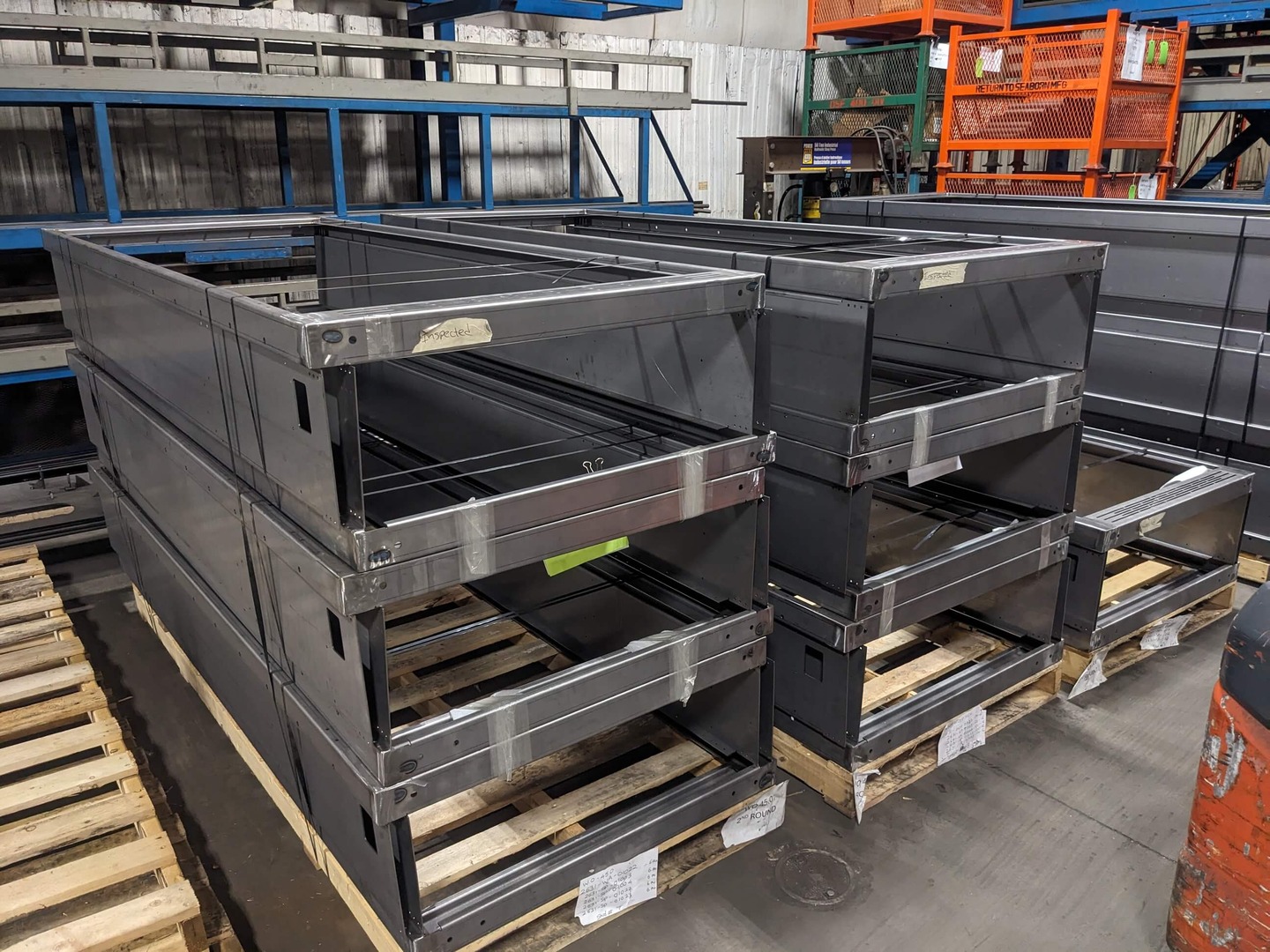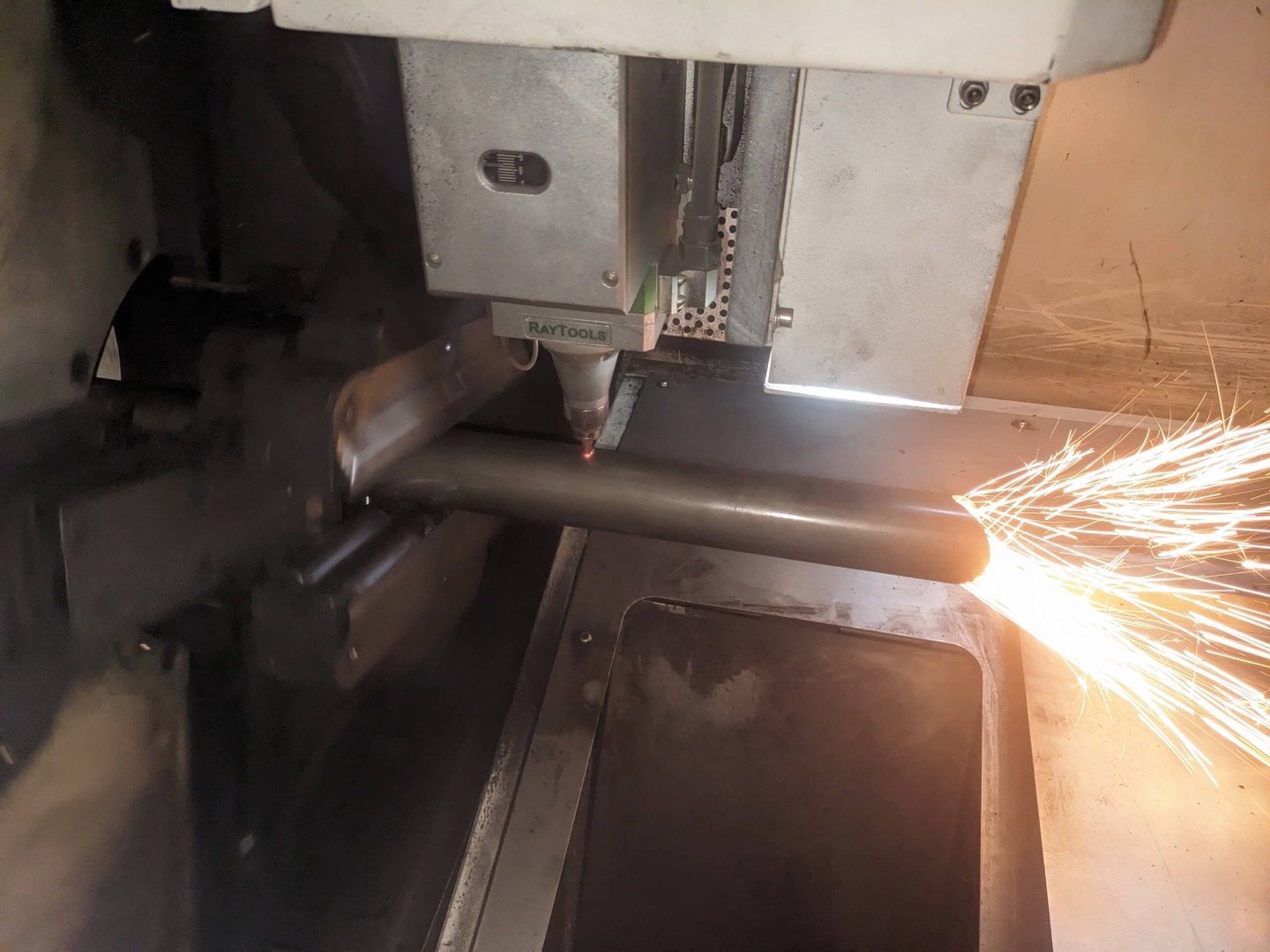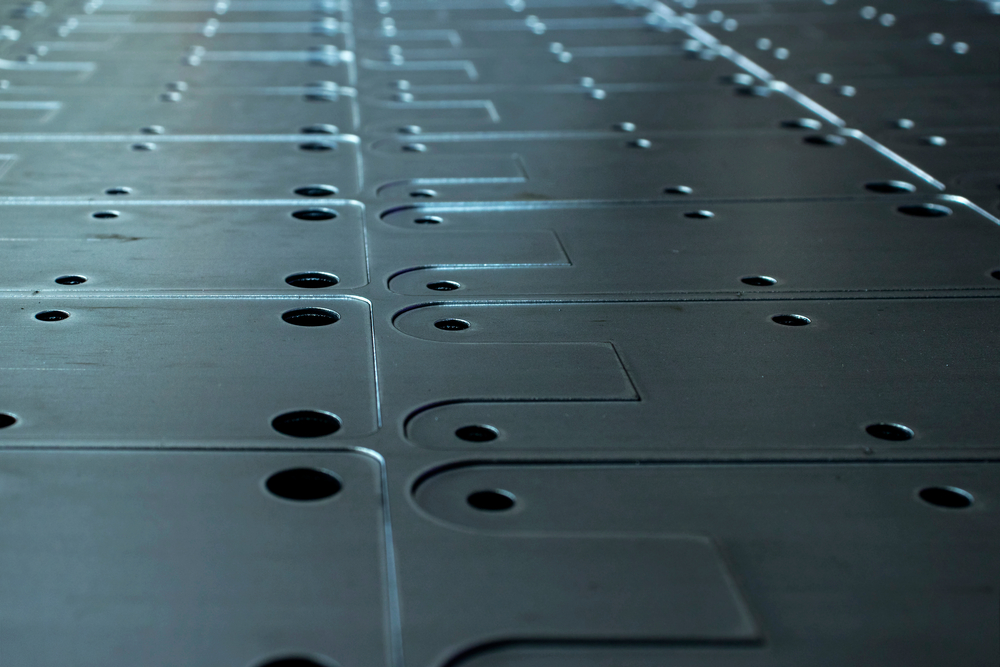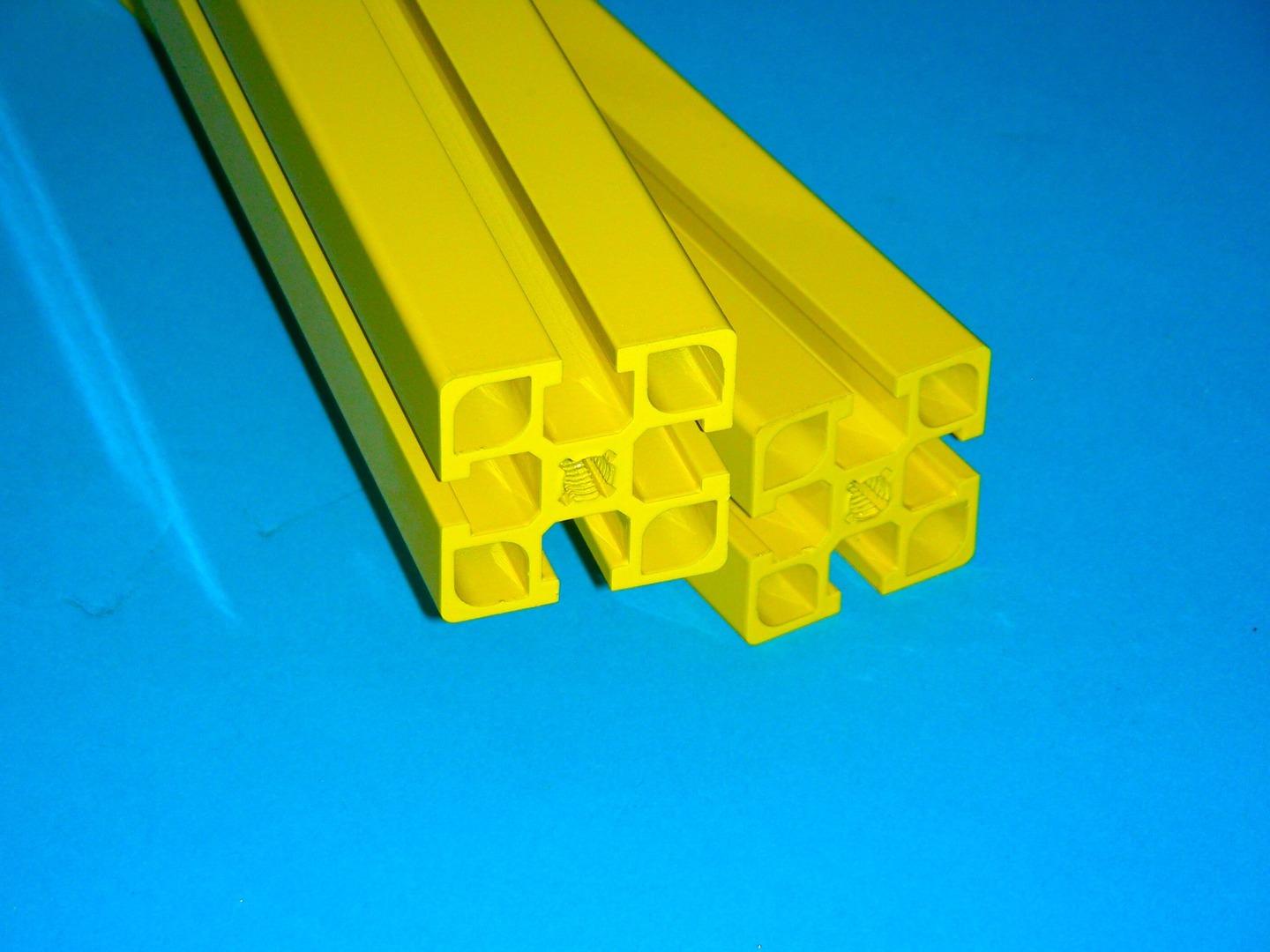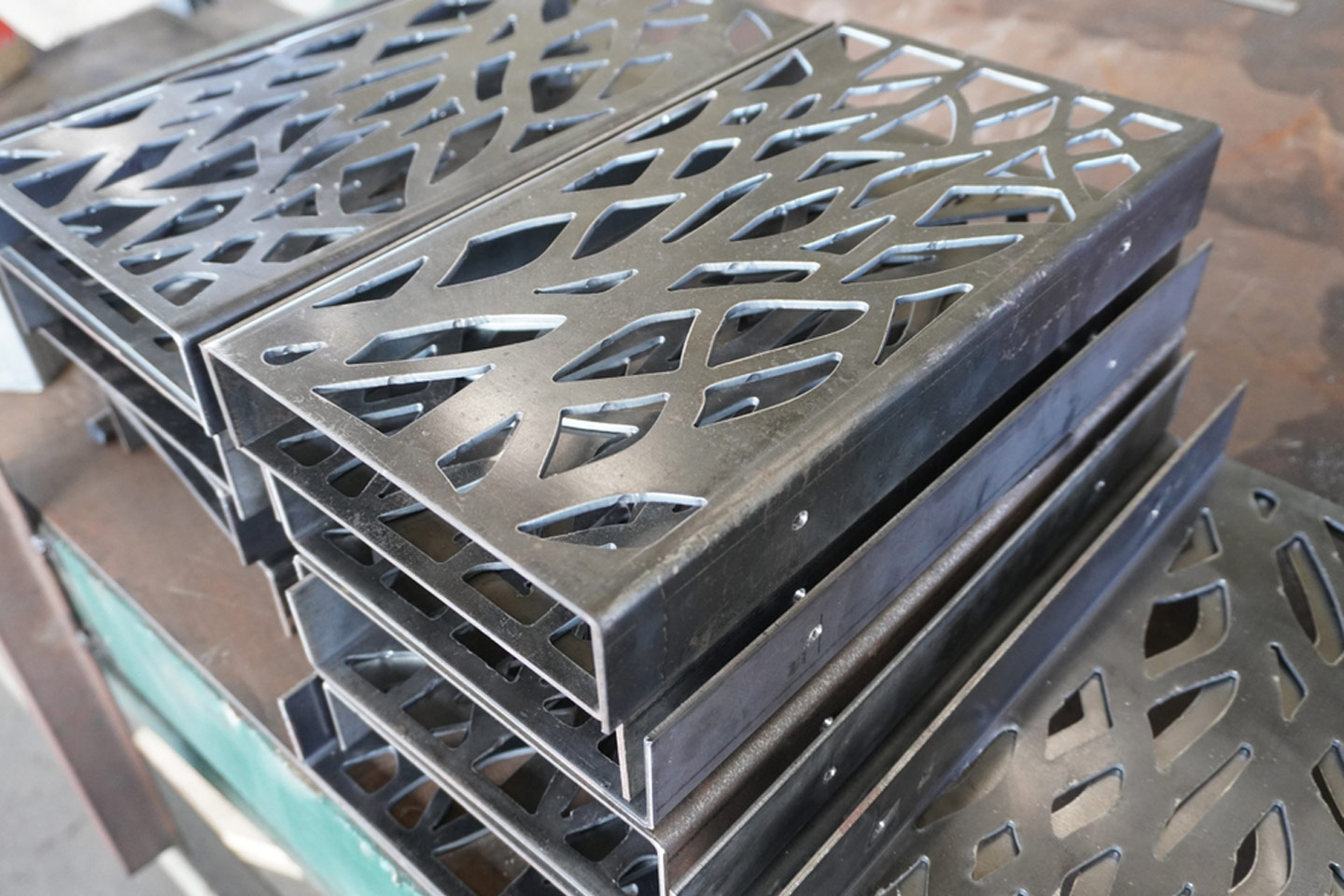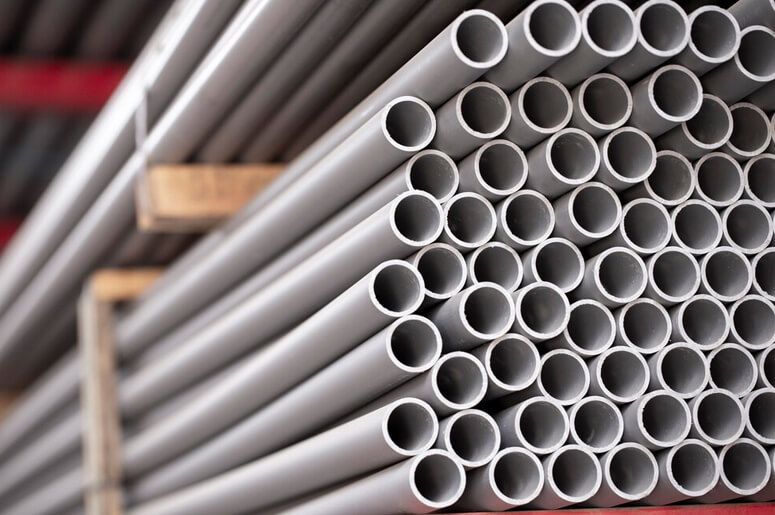Aluminum tube bending plays a critical role in lightweight manufacturing. It provides a balance of strength, flexibility, and efficiency. With increasing demand for lighter, stronger, and more sustainable materials, aluminum tubing is becoming a favorite. Tube and pipe bending expand aluminum’s uses around the world.
One significant advantage of aluminum tube bending is the ability to create complex and customized shapes with structural integrity. Unlike many materials, aluminum tubes can be formed without the need for welding or sharp bends. Aluminum tubes can be designed to fit as required, reducing the number of joints needed. This easily provides improved strength in a lightweight design. Making products lighter makes them easier to use and more energy efficient.
The lower weight-to-strength ratio of aluminum, combined with precision tube bending, allows companies to create while optimizing efficiency. Globally, both consumers and regulations continue to call for greener and more energy-efficient solutions. Aluminum tube bending plays a pivotal role in meeting these requirements.
Another benefit of aluminum tube bending is its corrosion resistance. This makes it an ideal choice for outdoor and marine applications. Aluminum naturally forms a protective oxide layer, shielding it from many environmental issues. Whether in bridges, railings, or bicycles, bent aluminum tubing provides durability with minimal maintenance, reducing costs over time.
From a manufacturability point of view, aluminum can be bent with CNC tube benders with precision. The precision with which aluminum tube and pipe bending can be performed reduces the number of parts and steps required in many products, thereby lowering their cost.
The recyclability and sustainability of aluminum account for some of the appeal of aluminum tube bending. Aluminum is 100% recyclable and does not degrade during the recycling process. This makes it an environmentally friendly option for industries looking to reduce their carbon footprint. When aluminum tubing is bent to form your components, the ability to reuse materials becomes significant. This closely aligns with global demand for a more circular manufacturing process and overall waste reduction.
Thermal and electrical conductivity are additional advantages that make aluminum tube bending invaluable in some applications. When heat dissipation is critical, industries such as automotive and HVAC rely on aluminum tube bending to produce efficient heat exchangers while maintaining lightweight durability. In some electrical applications, aluminum tubing is used for structural enclosures or conductive pathways, offering heat dissipation, strength, weight savings, and conductivity.
Aluminum tube bending has transformed the design and functionality of many consumer products. Furniture makers use bent aluminum tubes for sleek, modern designs. In sporting goods—from bicycles to ski poles—precise aluminum tube bending techniques help optimize performance.
While aluminum tube bending offers many benefits, it does present challenges. The most commonly available grade of aluminum tube, 6061-T6, generally cannot be bent. The most common grade of aluminum tube for bending is 6063-T5. Other grades, such as 6061-T1, can also be used, but they are rare and hard to find. Even 6063-T5 can be hard to find in the size you wish to use.
Aluminum tubes tend to be less consistent than, say, steel tubes. It is often an extruded product, and while most extruders do an excellent job, some are not as diligent or capable. The difference in a single run can be significant.
Aluminum tubes also tend to have a lot of springback. It often needs to be significantly over-bent to compensate. Some lots of aluminum tubing can prove challenging for small bends—say, less than 10 degrees. They will not form until well past the springback threshold, but once they do, they overshoot the desired bend.
As industries continue to evolve and the demand for more lightweight, efficient, and sustainable solutions grows, aluminum tube bending and pipe bending will remain essential. The combination of strength, design flexibility, corrosion resistance, and recyclability makes it the first choice for many applications.
Contact Seaborn Manufacturing for your production aluminum tube bending needs.


